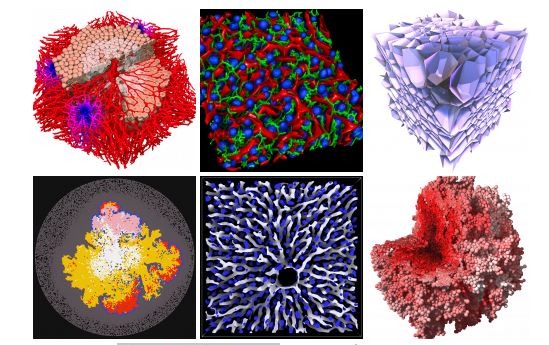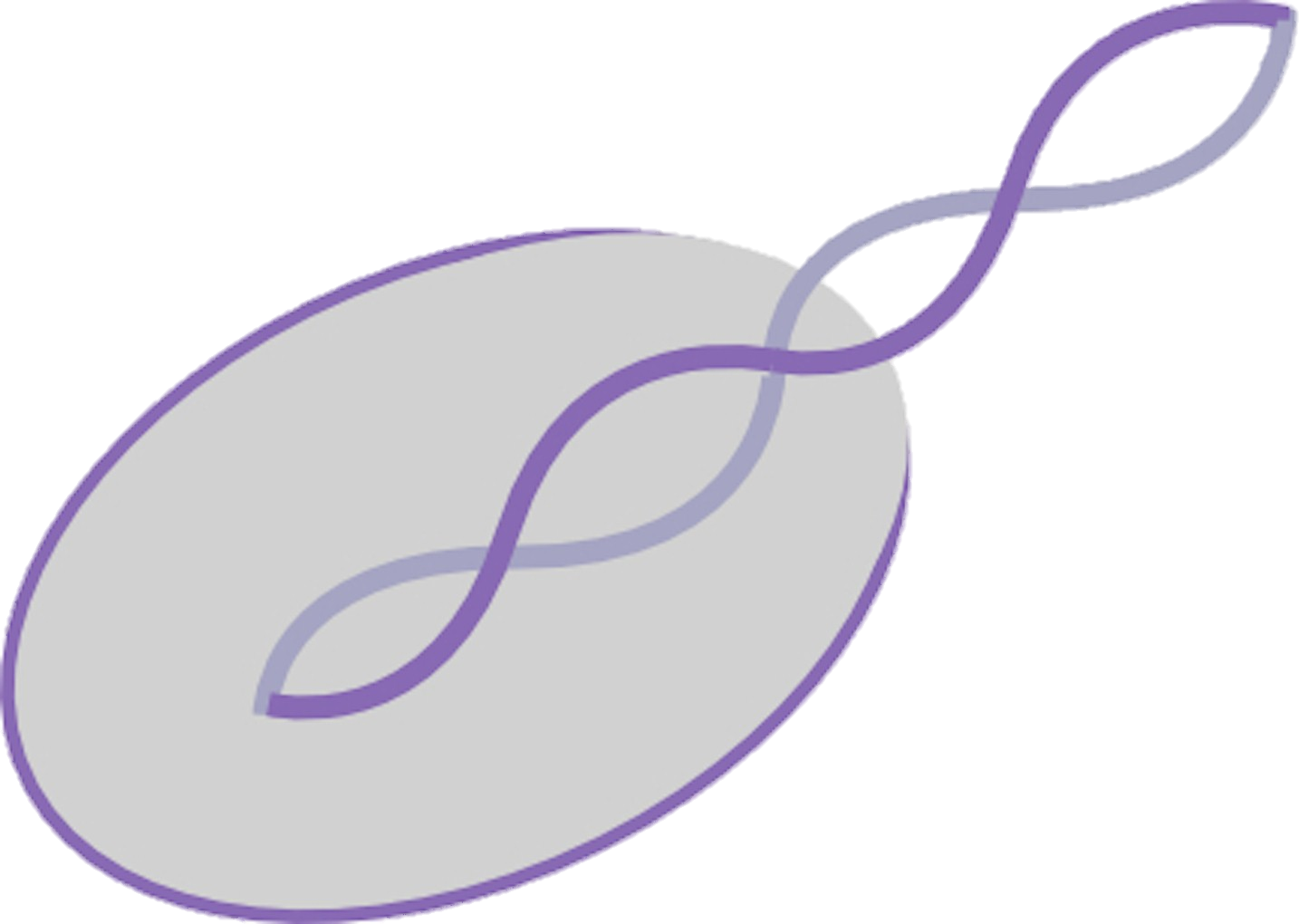
A Systems Medicine Approach to Early Detection and Prevention of Hepatocellular Carcinoma in Non-Alcoholic Fatty Liver Disease
The massive increase in obesity is leading to an alarming rise in non-alcoholic liver disease (NAFLD). This development will lead to a dramatic increase in liver diseases such as hepatocellular carcinoma (HCC). A particular challenge is that NAFLD-associated HCCs, for reasons still unknown, not only occur in association with advanced liver fibrosis/cirrhosis, but one third of NAFLD-associated HCCs arise in non-cirrhotic liver tissue. As a result, the tumour is often not detected until it is in a late, incurable state.
Innovative strategies for early detection of NAFLD patients at high risk of HCC are urgently needed. To address this clinical challenge, the interdisciplinary team consisting of physicians, clinical scientists, cell biologists, systems biologists, and physics and bioinformatics theorists in SMART-NAFLD is taking an integrative systems medicine approach.
By providing longitudinal serum samples, imaging diagnostics with multiparametric MRI, tissue samples and primary hepatocytes used by the project partners for quantitative mass spectrometry, metabolic analyses and the use of artificial intelligence, a classifier will be developed that allows early detection of NAFLD patients at particularly high risk for HCC. The established tissue model of hepatic steatosis will be further developed into a multiclade model. By combining the results from serum and image data in combination with trained CNNS (artificial intelligence), the classification of patients is to be carried out, which can predict an early prognosis with regard to the dynamics of the disease progression to HCC and estimate the liver regeneration potential.
The aim is to support decisions in the clinic and to contribute to the prevention of HCC development.
project leader at IZBI Dr. Stephan Hoehme
duration 01.07.2021 – 30.06.2024
joint project / third-party founding
coordinator: Leipzig University, Klinik und Poliklinik für Onkologie, Gastroenterologie, Hepatologie, Pneumologie, Infektologie, Prof. Dr. Thomas Berg
